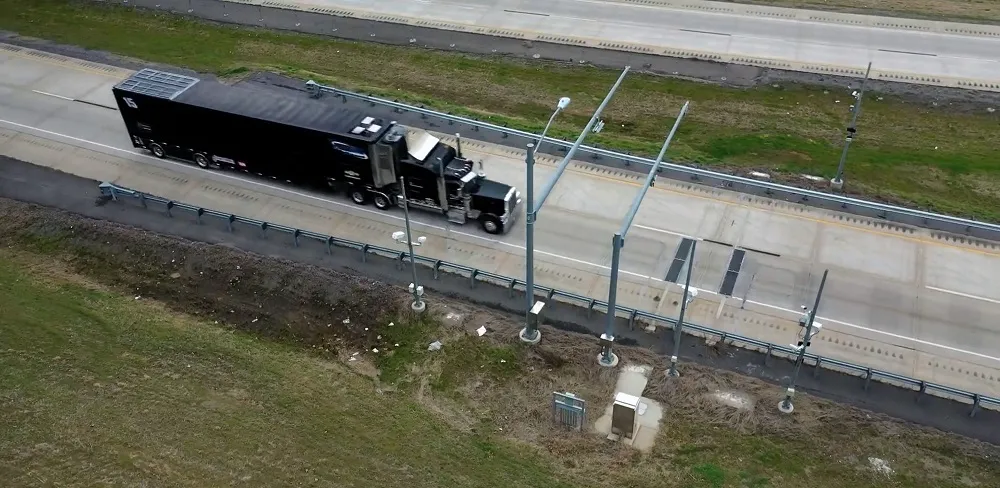Spanish company Libelium has announced it has developed new sensing technology that can detect smartphones through their WiFi or Bluetooth interfaces and integrated it inside Meshlium Xtreme, the company's multiprotocol router. Applications of this new technology go from street activity measurement to vehicle traffic management. For instance, the company claims it is possible to monitor the number of people passing daily in a street, the average time they stop at landmarks, like shopping windows, and even d
May 25, 2012
Read time: 2 mins
RSSSpanish company 740 Libelium has announced it has developed new sensing technology that can detect smartphones through their WiFi or Bluetooth interfaces and integrated it inside Meshlium Xtreme, the company's multiprotocol router. Applications of this new technology go from street activity measurement to vehicle traffic management. For instance, the company claims it is possible to monitor the number of people passing daily in a street, the average time they stop at landmarks, like shopping windows, and even differentiate between residents (daily matches) and visitors (sporadic matches).
"This new technology allows us to detect both iPhone and Android devices without the need of a specific application installed on them," explains Libelium's CTO, David Gascón. "Meshlium Xtreme detects the "hello!" messages periodically sent by the Smartphones without the need of user interaction and always ensuring their privacy, since these messages do not identify their owners," he adds.
When used for vehicle traffic monitoring, the system provides data in real time about the flow of traffic on highways and roads, monitoring also the average time a vehicle slows down or stops for traffic congestion intervention by road authorities.
"This new technology allows us to detect both iPhone and Android devices without the need of a specific application installed on them," explains Libelium's CTO, David Gascón. "Meshlium Xtreme detects the "hello!" messages periodically sent by the Smartphones without the need of user interaction and always ensuring their privacy, since these messages do not identify their owners," he adds.
When used for vehicle traffic monitoring, the system provides data in real time about the flow of traffic on highways and roads, monitoring also the average time a vehicle slows down or stops for traffic congestion intervention by road authorities.








